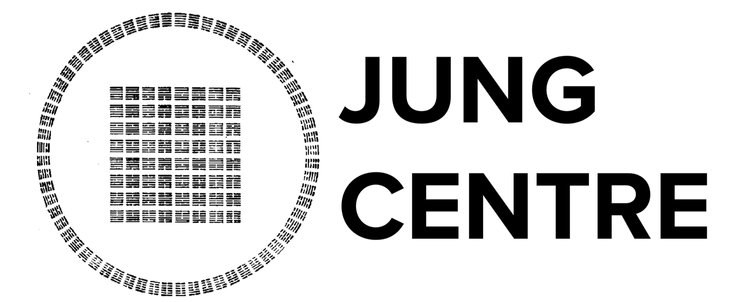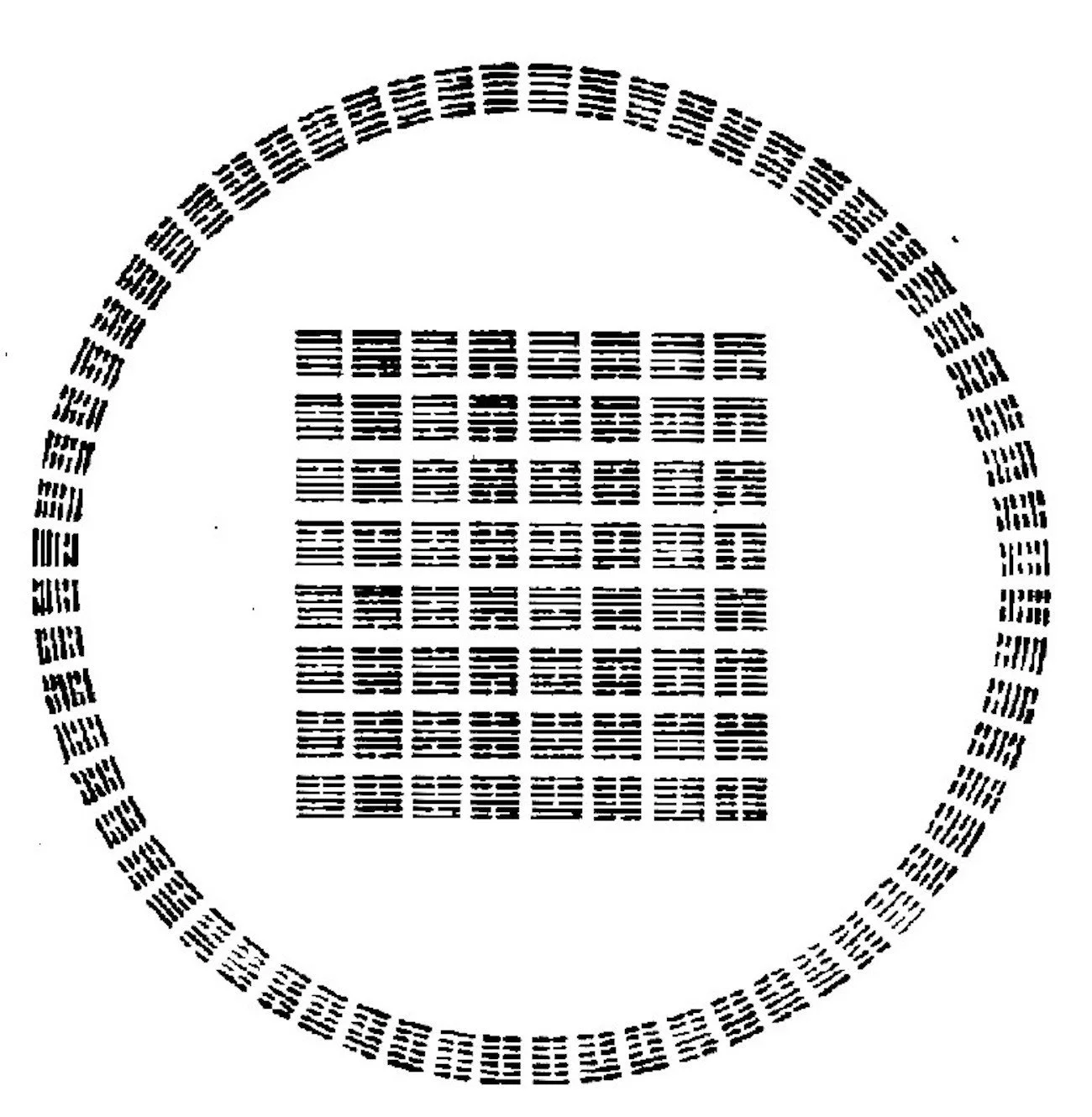Dream-Analysis
by Jasbinder Garnermann
Chairwoman, C.G. Jung Centre, Ireland
The role of dreams in mental health is now well-established. Scientific discoveries in the last decade have highlighted the role of dreams in the processing of emotions, in the formation of long-term memory, and in the solving of complex problems. Dream-analysis gives us a very precise tool for understanding the unconscious processes that determine mental health. The unconscious is the power-house of the psyche, and often overrules and even reverses our conscious intentions. It contains our personal and evolutionary baggage - all our secret fears, desires, motivations and drives. Without an understanding of the unconscious we cannot be masters in our own house.
Freud called dreams “the royal road to the unconscious”. As well as uncovering our secret conflicts, fixations, and neuroses, Jung believed that dreams also enable us to access a deeper layer of the unconscious, the collective unconscious. This part of the unconscious contains the Self, the archetype or blueprint of wholeness and order. This archetype drives us to achieve balance, poise and maturity in our inner and outer lives. It directs us to make sound decisions, provides good judgement, and also enables us to adapt to new circumstances. The Self alone can help us to achieve the delicate balance between individual self-interest and co-operative harmony with our environment. The Self is also the source of creativity and healthy libido. Action that is based on this part of the personality carries immense power and conviction.
Dreams help us to break new ground. They do this by turning our preconceived notions on their heads. This can apply to something ordinary and everyday such as our perceptions of a friend or colleague (dreams will show us this person in a completely different light to compensate our conscious attitude). A dream can point out unrealized potential in our lives (dreams of finding new rooms in houses), or warn us that we need to get better control of a situation (dreams of failing brakes and car crashes), it can show us that we are being unrealistic (dreams of flying) or that we need to be better prepared (lost passports and missed planes); dreams point out neglected areas in our lives (abandoned babies); the danger of depression (crumbling houses); they give us timely warning of ill-health (sick and injured animals, explosions, dark and sinister landscapes). Dreams also give us guidance for the big questions in our lives. Am I on the right path? (Journeys in dreams); what is the state of my creative power? (Is it a caged lion, a stampeding bull or a magnificent horse?) What effect am I having on those around me? (Am I sitting down to a feast with my friends, or am I in the middle of a war-zone?).
In our busy, complex lives, working with dreams provides the mental space and the silence in which the still, small voice of the self can grow into the lion’s roar.


